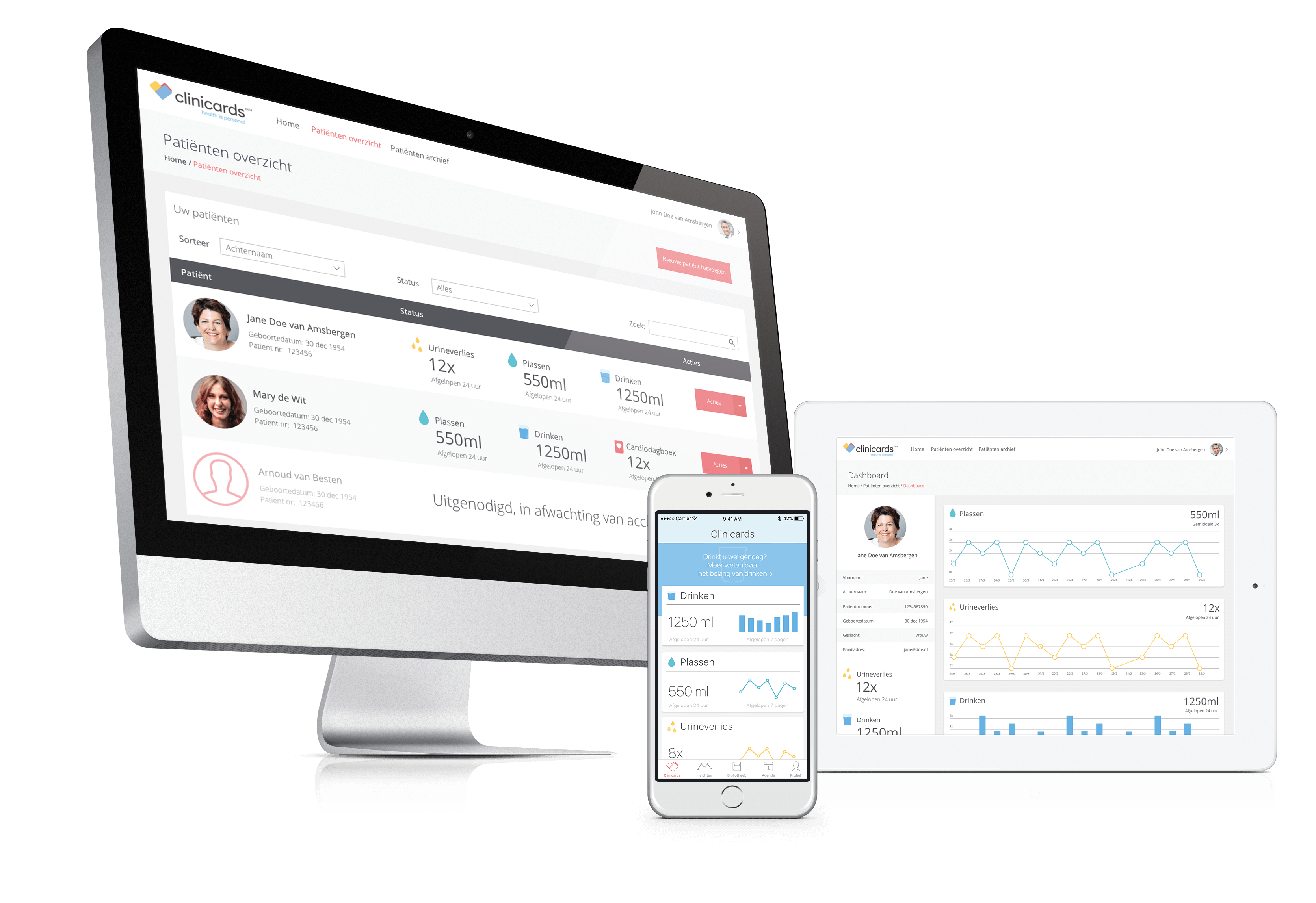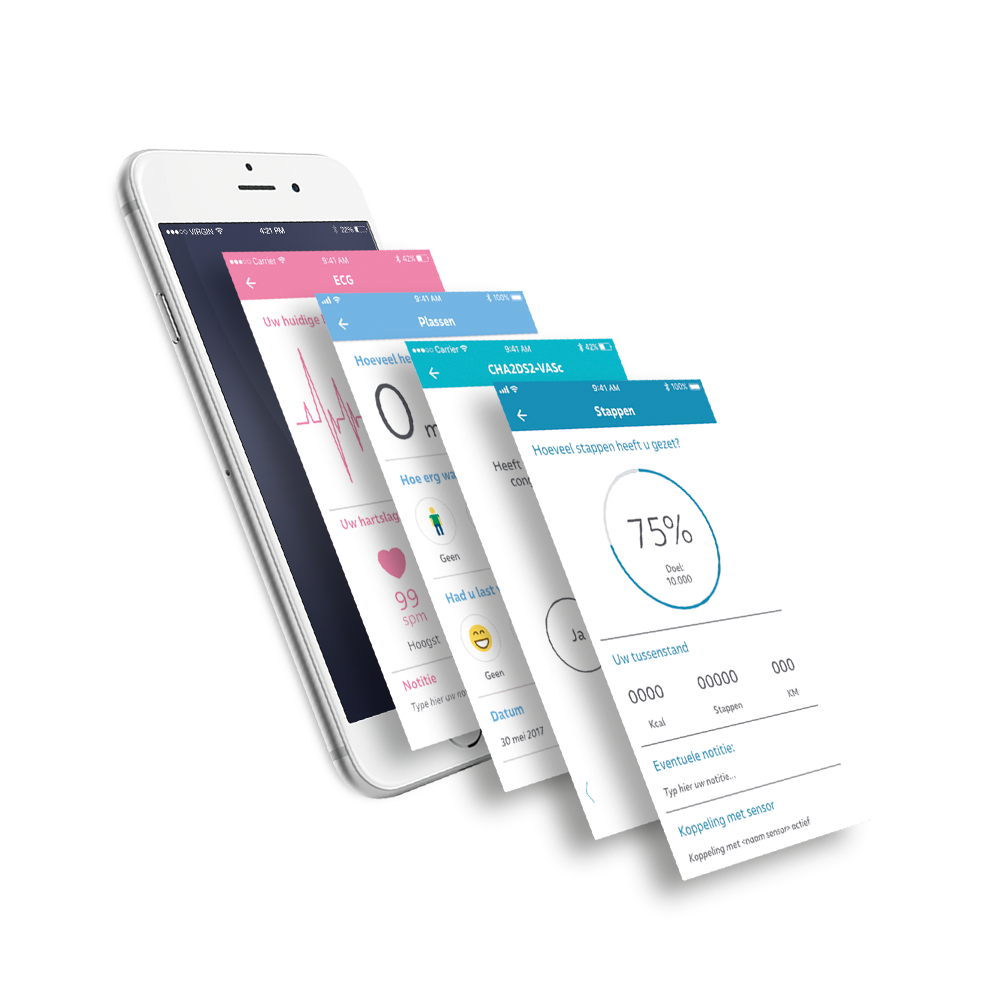
Mobile Health (mHealth) falls under eHealth. Healthcare can be significantly improved by making use of digital resources for information and communication purposes. Mobile Health focusses specifically on the mobile aspects of these technological developments. And seeing as health is per definition something quite ‘mobile’, this evolution is rather fitting…
Digital advancements are coming about at breakneck speed. Just take a look at the continuous introduction of always-faster iPhones and the arrival of ‘wearables’, smart wearable devices that measure a whole load of things via sensors.

Mobile Health and the future of healthcare
Mobile Health (mHealth) and eHealth are often considered to be one of the solutions for the rising costs of health care. It is so that the majority of people in our society have access to the internet and also that technology has already been known to create disruption and upheaval. In The Netherlands, eHealth has penetrated the political arena with the Minister of Health, E. Schippers, setting up a permanent eHealth monitor. She stated that “the use of eHealth can help to strengthen the freedom and self-reliance of patients, it can provide solutions for the looming staff shortages, can improve patient safety, and can help curb the constant increase in cost.”
It is crystal clear that eHealth will be playing a prominent role in the future of healthcare. However, it seems that the successful implementation of eHealth and mHealth poses some serious challenges. The biggest stumbling blocks are unfamiliarity, resistance to change and unclear reimbursement policies.

